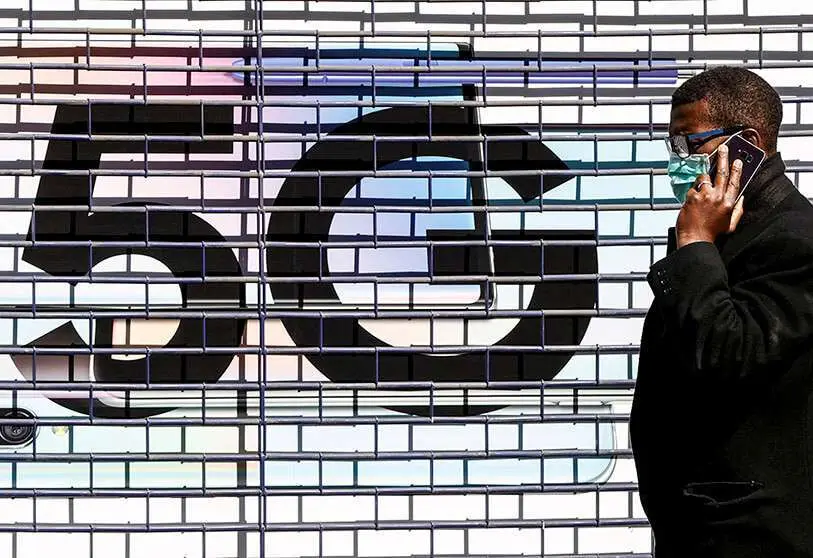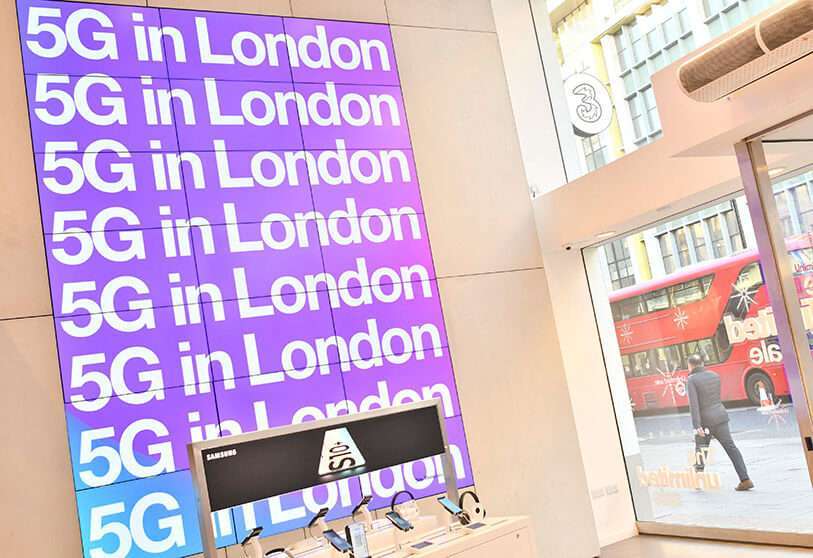Scope predicts telecoms operators to maintain revenues in 2021

Investment across Europe continues to rise slowly, driven in 2021 more by that in fibre networks than by 5G, which is replacing technology and reusing existing infrastructure such as poles.
The credit outlook for European telecoms operators remains stable. Total revenues and mobile capex will remain stable in 2021, even though the introduction and deployment of 5G is making headlines.
The sector has demonstrated the stability of its fundamentals during the COVID-19 crisis. The latest revenue figures published by European operators showed little change from 2019 trends, especially compared to the magnitude of the economic downturn in Europe.
Also noteworthy was the operational resilience of the European industry, which did not experience any network failures despite increased traffic during confinements and increased teleworking. In this respect, it helped that the increase in traffic occurred mainly during the day, when usage was typically low before the pandemic, rather than at night, which is usually the time of peak demand.
However, operators run the risk that the pandemic will have a greater adverse impact should the economic crisis worsen, as governments re-impose restrictions to contain COVID-19 infections, leading to more bankruptcies and business closures. Although offsetting this risk is the increasing digitisation of business activity, accelerated by the pandemic and the pressure to reduce costs, so that, overall, the impact of another phase of contagion would be negligible.
The biggest impact of the pandemic on the sector to date has been the postponement of several 5G spectrum auctions in 2020. Operators are likely to incur the cost of acquiring spectrum this year, although it will still be within their funding capacity.

We do not expect new entrants to emerge in any of Europe's largest markets to compete for spectrum this year: the sector is mature, with mobile penetration at around 130%. France's 5G auction raised €2.8 billion last year with bids from four established operators - Altice, Bouygues Telecom, Iliad, Orange - while Germany's auction raised €6.5 billion in 2019. The entry of 1&1 Telecommunication SE brought extra competition for Deutsche Telekom, Telefónica Deutschland and Vodafone.
The speed at which operators are rolling out 5G varies from country to country - 5G trials, spectrum auctions, network rollouts, service introductions, new phones - while the industry continues to search for a killer app.
Beyond the hype, the impact on revenues and capex will not be significant: investment across Europe continues to rise slowly, driven in 2021 more by increased investment in fibre networks (FTTH) than by 5G, which is replacing existing technology - as 4G did with 3G, and 2G before it - and reusing existing infrastructure such as poles.
Opportunities for large mergers and acquisitions are limited, as national markets are already concentrated and there is no advantage in cross-border mergers, although operators will continue to sell infrastructure assets, such as towers and parts of their fibre networks. This will leave the overall credit quality of the sector unchanged, despite the likely slow and uneven economic recovery.








